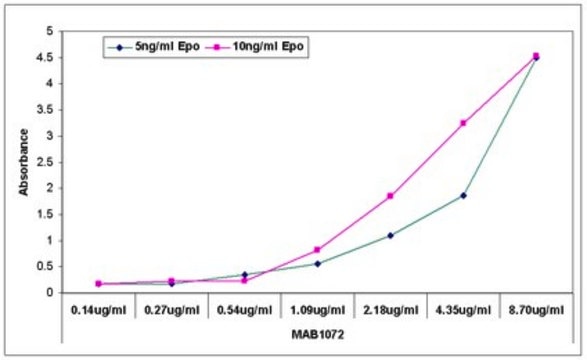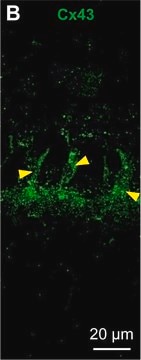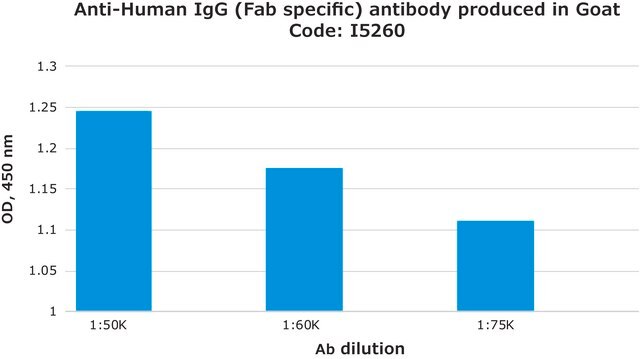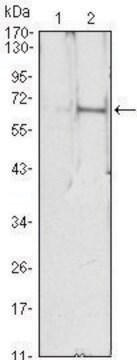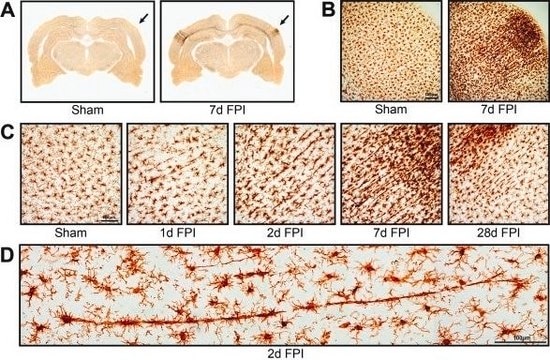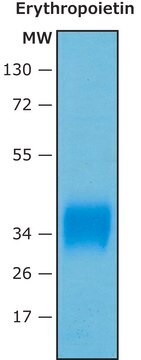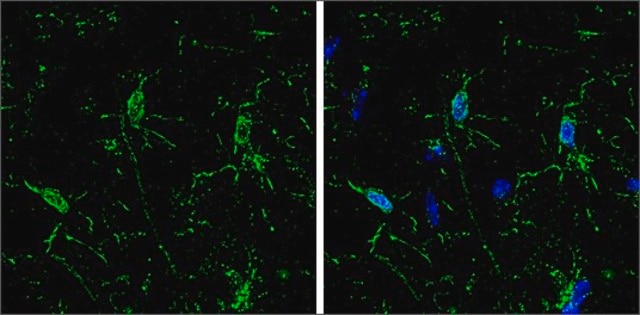MABS1286
Anti-EPO-R Antibody, clone BCO-3H2
clone BCO-3H2, from rat
Synonym(s):
Erythropoietin receptor
About This Item
Recommended Products
biological source
rat
Quality Level
antibody form
purified immunoglobulin
antibody product type
primary antibodies
clone
BCO-3H2, monoclonal
species reactivity
human
packaging
antibody small pack of 25 μg
technique(s)
immunofluorescence: suitable
immunohistochemistry: suitable
immunoprecipitation (IP): suitable
western blot: suitable
isotype
IgG2bκ
NCBI accession no.
UniProt accession no.
shipped in
ambient
target post-translational modification
unmodified
Gene Information
human ... EPOR(2057)
Related Categories
General description
Specificity
Immunogen
Application
Immunoprecipitation Analysis: A representative lot detected EPO-R in Immunoprecipitation applications (Maxwell, P., et. al. (2015). Br J Haematol. 168(3):429-42).
Immunofluorescence Analysis: A representative lot detected EPO-R in Immunofluorescence applications (Maxwell, P., et. al. (2015). Br J Haematol. 168(3):429-42).
Western Blotting Analysis: A representative lot detected EPO-R in Western Blotting applications (Maxwell, P., et. al. (2015). Br J Haematol. 168(3):429-42).
Signaling
Quality
Western Blotting Analysis: 0.5 µg/mL of this antibody detected EPO-R in 10 µg of UT-7 cell lysates.
Target description
Physical form
Storage and Stability
Handling Recommendations: Upon receipt and prior to removing the cap, centrifuge the vial and gently mix the solution. Aliquot into microcentrifuge tubes and store at -20°C. Avoid repeated freeze/thaw cycles, which may damage IgG and affect product performance.
Other Notes
Disclaimer
Not finding the right product?
Try our Product Selector Tool.
wgk_germany
WGK 2
Certificates of Analysis (COA)
Search for Certificates of Analysis (COA) by entering the products Lot/Batch Number. Lot and Batch Numbers can be found on a product’s label following the words ‘Lot’ or ‘Batch’.
Already Own This Product?
Find documentation for the products that you have recently purchased in the Document Library.
Our team of scientists has experience in all areas of research including Life Science, Material Science, Chemical Synthesis, Chromatography, Analytical and many others.
Contact Technical Service